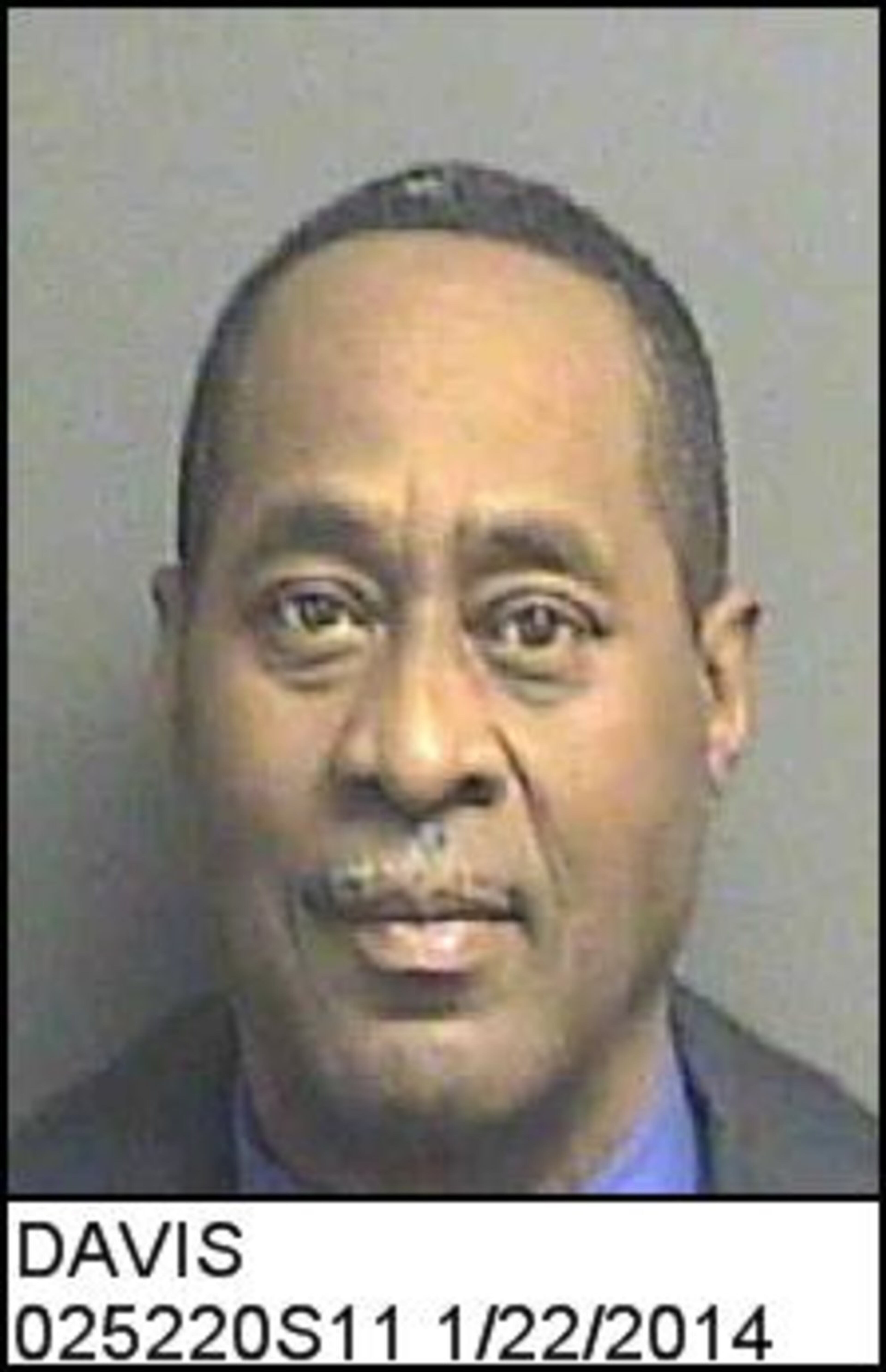Convicted sex offenders removed from registry
A little over two decades ago, Barry Davis stood before a judge and pleaded guilty to aggravated sodomy with a 6-year-old relative.
“He admitted that he made her perform oral sex on him but said it was accidental,” Chatham County Chief Assistant District Attorney Greg McConnell said.
Davis, who was 37 at the time, was sentenced to 10 years, two in prison followed by eight years of probation.
Davis served his time. And in 2014 the state of Georgia, saying he was rehabilitated, forgave him. The Georgia State Board of Pardons and Paroles granted Davis a pardon, an “order of official forgiveness” that recognized his “good reputation in (his) community following the completion of (his) sentence.””
The pardon didn’t absolve Davis of his crime, nor did it remove it from his record. But a legal challenge in the case has led to what some say is an unexpected and alarming result: Davis and nearly two dozen other Georgia sex offenders granted a pardon no longer have to register with the state registry.

The Atlanta Journal-Constitution and Channel 2 Action News have learned that since a Georgia Supreme Court ruling earlier this year, the GBI has had to remove 22 sex offenders from the registry, which it monitors and updates. All were granted either a pardon or a “restoration of civil and political rights” before 2014.
A Legal Disability
After Davis received his pardon in 2014, he moved to North Carolina without alerting the Chatham County district attorney or sheriff’s office that he was relocating. Upon his return, he found that there was a warrant for his arrest. Davis had failed to register as a sex offender — which is a felony offense.
MORE: Secret parole board votes forgive sex offenders
RELATED: Man turns down chance at freedom
Davis filed a motion claiming that because he had been pardoned he was no longer required to register.
The courts took a hard look at Davis’ pardon. The language declares that all “disabilities under Georgia law resulting from the above stated conviction and sentence, as well as, any other Georgia conviction and sentence imposed prior and thereto, be and each and all are hereby removed.”
That includes the sex offender registry, the court said. Having to register with the sexual offender registry is a symptom of the offender’s crime and therefore is a “legal disability” that is forgiven by a pardon, according to the decision.
In May, the Georgia Supreme Court upheld the lower court’s ruling.
Dawn Dietrich, director of legal services for the GBI, said the organization never thought that a pardon would remove an offender from the registry.
“That’s why the case went through the court system,” she said.
No more pardons
The case has had broad repercussions for those convicted of sex crimes seeking a second chance.
In July of 2015, the pardons and paroles board implemented a new pardon application specifically for registered sex offenders. In a statement, the board said it has not granted a pardon to a registered sex offender since then.
“The new application increased the standard in determining rehabilitation previously used by past boards resulting in the board receiving additional clinically based information regarding the registered sex offender in order for the board to make the best possible pardon decision,” the statement said.
The new application now requires a registered sex offender to submit to a psychosexual evaluation and polygraph within 90 days of filing the application, as well as submit the latest risk level assignment by the Sex Offender Registration Review Board, which assigns offenders a level 1, level 2 or sexually dangerous predator.
Applicants must also have fully completed their sentencing requirements and must be crime free for 10 years —increased from the 5 years that were previously required.
The pardons and paroles board is also now required by the Victims’ Bill of Rights to give victims at least 20 days’ advance notice and an opportunity to file a written objection if it is considering granting a pardon to a defendant.
“The Parole Board also notifies the district attorney and registered victims on each pardon application seeking input and information from them and considers the information prior to the pardon decision,” the board’s statement said.
That could help ensure pardons are granted judiciously in the future. But McConnell, who didn’t hear about Davis’ pardon until over a year after it was granted, says a lot of damage has already been done.
“I want to see what the board examined in order to pardon (Davis),” McConnell said. “There are people being granted pardons and paroles who really should not be.”
-Data specialists Jacquelyn Elias and Jennifer Peebles contributed to this report


